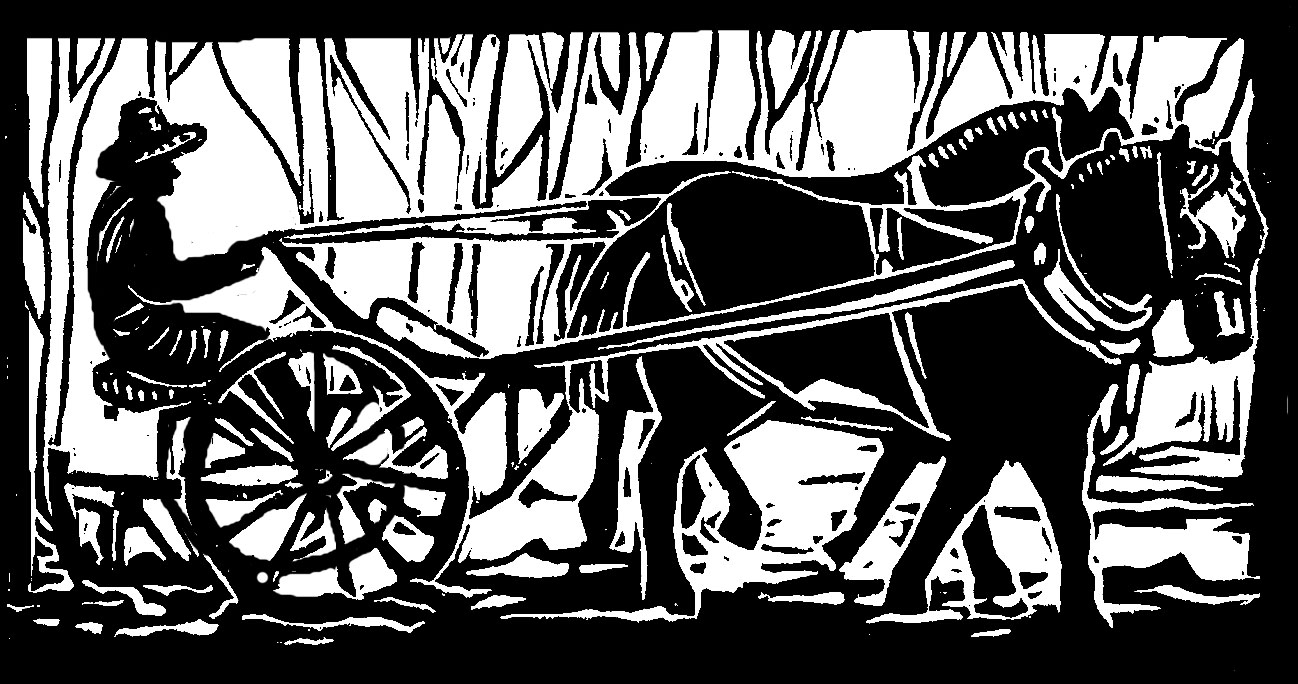For years I’ve shivered and shook and whimpered and whined about harvest days in November. Oh, some of it is lovely: the gentle sorting of the onions, pulled weeks earlier, cured, and only needing a little tidying and arranging in the shed; the easy cutting of tender, brilliantly green heads of lettuce directly from the warm greenhouse; even harvesting the kale from the field, enjoying the quiet cool morning mist. But what I dread in November is the Terrible Hour of the Washing-of-the-Roots.
They are nice roots, in themselves, potatoes and carrots, rutabagas and purple top turnips, but they all come to the harvest shed covered in dirt. Somehow this dirt must come off. We are a relatively small CSA garden, compared to many farms; with just thirty members coming on each harvest day, we can’t really justify a fancy-dancy root washer.
What we have instead is the roots, the dirt, our hands, and several buckets of water. Cold water. Cold water in November. Outside.
We must begin: must plunge our hands in. The shock travels up to the voice box: “Aggh, aacck, aaagh,” I gasp.
In the cold, cold water, I wash, carrot by carrot, thirty pounds of carrots. I wash thirty rutabagas, thirty turnips, daikon radishes. Slowly the numbness begins, creeps up, up, up.
“Wah,” I finally wail, “I can’t feel my fingers, I can’t feel my wrists, I can’t feel my elbows. Is this a potato, or a rock?”My farming fellow says kindly, “It’s a rock, dear,” and cups my frozen fingers in his warm fresh-from-the-tropics-of-the-greenhouse hands.
“You poor dear,” he goes on, “I’ll finish it, why don’t you let me finish it?”
”No, no,” I answer, “I’m almost done.” I am down to the last ten pounds--half a five gallon bucket-- of my sixty pounds of potato by potato duty.
Suddenly the warms hands tighten on my cold ones. My fellow’s eyes light up. “I’ve got a brilliant idea! A fantastic idea!”
“Oh, yeah?” I say half-heartedly, and then, “Just don’t take your hands away,” clutching my stiff fingers around his, more interested in warmth than a brilliant, fantastic, and animated idea, complete with sweeping arm gestures.
“Let’s wash the roots in the house! With warm water!”
“What? In the house?” I am shocked. This has never been done before!
It is revolutionary! It is miraculous! And it is incredible that we’ve never thought of such a thing, despite ten plus years of shivering, whimpering November harvests!
The very next harvest day, I am in the kitchen, filling my buckets of potatoes and carrots with lukewarm water. I hear the hot water heater click on in the cellar. Ooof. Here I am using up fossil fuel, when really I could do this job outside with water straight from the hose. Is this truly in keeping with our efforts at greenness?
But then I put my hands in the bucket. Oh, it is marvelous. I can feel the roots, I can feel my hands, I can even feel my brain, warm, thinking, not entirely consumed by whimpering and whining.
What I think about is this: another revolutionary miraculous idea, in another gardening year, about our greenhouse. We start all our seeds in the propane-heated greenhouse in March, heating up an enormous amount of air to start tiny seeds. But then my fellow had the brilliant idea of blocking off part of the structure with some old greenhouse plastic, thus cutting the area we had to heat during seedling season by two-thirds. It was ingenious, and we couldn’t believe we hadn’t thought of it before.
Now our greenhouse use is much more efficient, and, I cleverly work out with my warm brain, the fuel I’m using for this warm water in my buckets must be offset by our much-decreased use of fuel for the greenhouse! In fact, our energy use is so offset that I take another bold step: I turn on the radio! Actually, not the radio, but I play a wonderful CD: “A Century of Recorded Poetry,” which takes me blissfully from Walt Whitman and Edna St Vincent Millay to the contemporary poets Joy Harjo and Li-Young Lee.
Oh, I am happy, in my Delightful Hour of the Washing-of-the-Roots. I am happy; I am warm. I make myself a little harvest day green-doesn’t-mean-miserable poem: “A warmer farmer is a happier farmer, a happier farmer keeps farming longer. . .”
Originally published in the Monadnock Shopper News, Nov 28 - Dec 4, 2012

